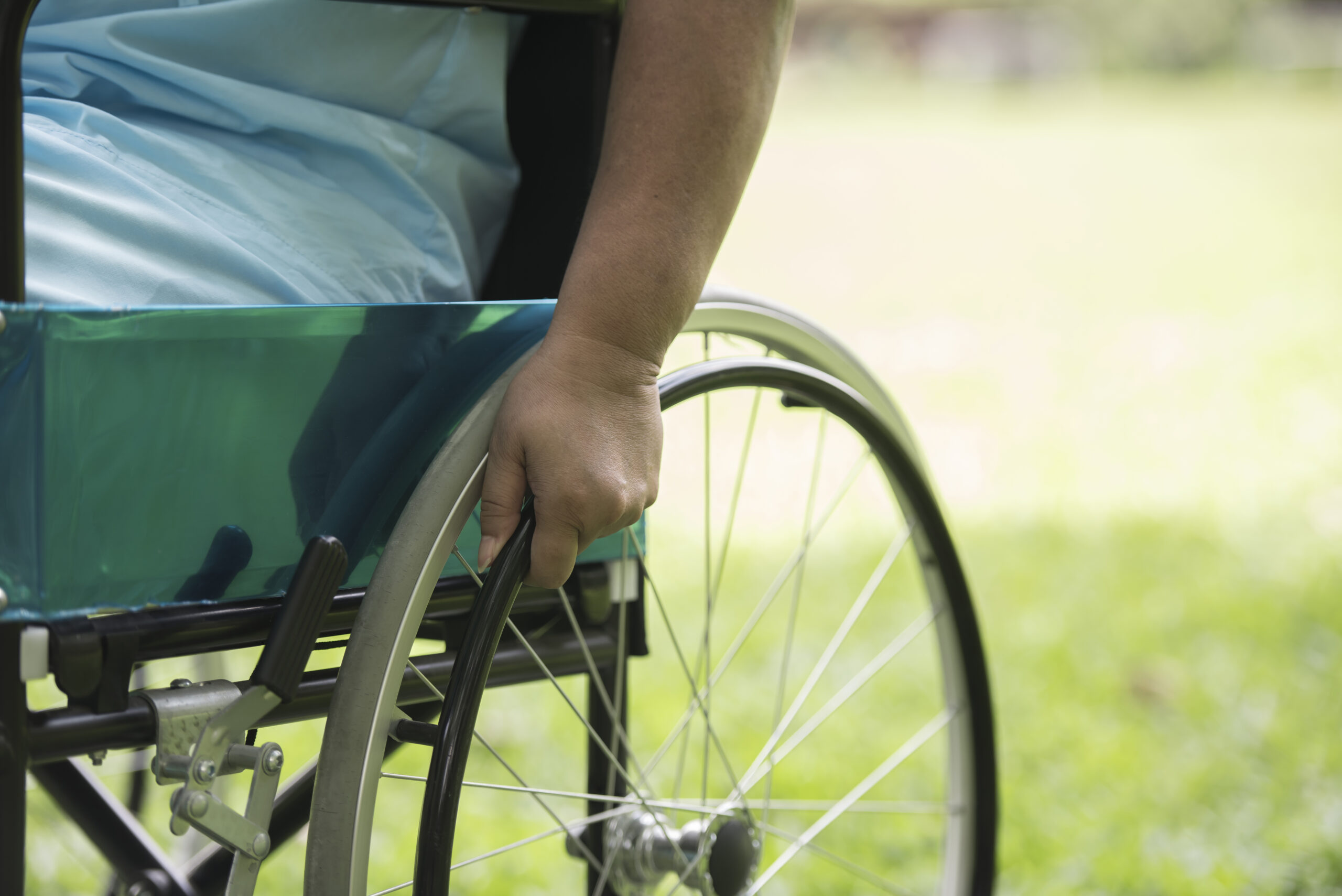Muscular Dystrophy
Home
Muscular Dystrophy
Muscular Dystrophy Treatment & Therapy – Specialists & Advanced Care
What is Muscular Dystrophy?
Muscular Dystrophy (MD) is a group of genetic disorders that cause progressive muscle weakness, degeneration, and loss of mobility. While there is currently no permanent cure for most forms of muscular dystrophy, timely diagnosis, multidisciplinary care, and advanced therapies can significantly improve quality of life, slow disease progression, and support patients in maintaining independence.
This guide covers everything you need to know about muscular dystrophy treatment, therapy options, specialists to consult, and advanced care strategies.
Muscular Dystrophy refers to a group of inherited muscle disorders characterized by progressive weakening and wasting of skeletal muscles. The condition occurs due to genetic mutations that interfere with the production of proteins necessary for healthy muscle function.

Treatment & Therapy Options
Although there is no universal cure, modern treatments can help manage symptoms, slow progression, and enhance quality of life.
1. Medications
- Corticosteroids (e.g., prednisone, deflazacort) – improve muscle strength and delay progression.
- Exon-skipping therapies (for Duchenne MD) – target genetic defects to restore protein production.
- Heart medications (ACE inhibitors, beta-blockers) – manage cardiomyopathy.
- Experimental gene therapies – being researched for long-term solutions.
2. Physiotherapy & Exercise
Physiotherapy is one of the most important aspects of MD care.
- Stretching exercises – prevent contractures and stiffness.
- Low-impact aerobic activities – swimming, cycling to improve endurance.
- Postural training – reduces spinal deformity risk.
- Assistive devices – braces, walkers, or wheelchairs for mobility.
3. Occupational Therapy
Helps patients adapt daily activities with tools like customized seating, mobility aids, and home modifications.
4. Respiratory Care
As the disease advances, breathing muscles weaken.
- Ventilation support (non-invasive machines like BiPAP).
- Cough-assist devices to clear mucus.
- Regular monitoring by a pulmonologist.
5. Surgical Interventions
- Spinal surgery for scoliosis correction.
- Tendon release surgery for mobility improvement.
- Cardiac device implants for heart rhythm issues.
6. Nutritional Support
- High-protein, nutrient-rich diet to preserve muscle strength.
- Omega-3 fatty acids, antioxidants, and vitamin D for bone and muscle health.
- Weight management to reduce strain on weakened muscles.
Living with Muscular Dystrophy:
Managing muscular dystrophy goes beyond medical treatment. Lifestyle changes, emotional support, and community care play key roles:
- Emotional Support – counseling for patients and caregivers.
- Educational Planning – ensuring children with MD receive inclusive education.
- Support Groups – connecting families to share experiences and coping strategies.
- Adaptive Technology – voice recognition software, power wheelchairs, and home modifications enhance independence.
Symptoms of Muscular Dystrophy
Symptoms depend on the type of MD but generally include:
- Muscle weakness and wasting.
- Difficulty walking, frequent falls, or clumsiness.
- Enlarged calf muscles.
- Trouble climbing stairs or rising from sitting.
- Respiratory difficulties in later stages.
- Scoliosis (curved spine).
- Cardiac involvement (in some types).
Specialists for Muscular Dystrophy Care
Muscular Dystrophy management requires a multidisciplinary team:
- Neurologist – primary specialist for diagnosis and management.
- Orthopedic Specialist – addresses skeletal deformities like scoliosis.
- Cardiologist – monitors heart complications.
- Pulmonologist – manages breathing issues.
- Physiotherapist – provides exercise plans to maintain mobility.
- Occupational Therapist – assists with adaptive devices for daily living.
- Genetic Counselor – helps families understand inheritance patterns.
- Nutritionist – suggests diets to support strength and overall health.
- Psychologist – supports mental health and coping strategies.
Diagnosis of Muscular Dystrophy:
Doctors use a combination of tests for accurate diagnosis:
- Genetic testing to identify specific gene mutations.
- Blood tests (creatine kinase levels).
- Electromyography (EMG) to assess electrical activity of muscles.
- Muscle biopsy for microscopic examination.
- Cardiac and respiratory tests to monitor complications.
Advanced Care & Research:
Medical science is progressing in developing advanced therapies:
- Gene therapy – aims to replace defective genes.
- Stem cell therapy – experimental treatments to regenerate muscle tissue.
- CRISPR technology – potential to edit faulty genes in the future.
- Clinical trials worldwide are testing new drugs and interventions that may offer hope for a cure.
Benefits of Early Diagnosis and Treatment
- Slows disease progression.
- Maintains mobility and independence longer.
- Prevents severe complications in heart and lungs.
- Improves emotional well-being and confidence.
- Enhances overall quality of life.
FAQ
Muscular Dystrophy (MD) refers to a group of genetic disorders characterized by progressive muscle weakness and degeneration. The severity, age of onset, and progression rate vary depending on the specific type of MD.
MD is caused by mutations in genes responsible for producing proteins essential for muscle function. These genetic defects lead to muscle fibers that are more susceptible to damage and less able to repair themselves.
Symptoms can vary but commonly include:
- Progressive muscle weakness
- Difficulty walking or performing daily activities
- Frequent falls
- Muscle cramps and stiffness
- Loss of muscle mass
Currently, there is no cure for MD. However, with appropriate treatment and management, individuals can lead active and fulfilling lives.
Consult a healthcare provider if you notice:
- Progressive muscle weakness
- Difficulty with movements or coordination
- Frequent falls or muscle cramps
- Family history of muscular disorders
For personalized care and treatment options, you can consult with specialists at Healing Earth Ayurveda in Bengaluru. They offer a combination of modern and traditional therapies tailored to individual needs.
